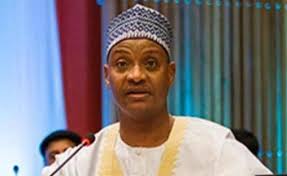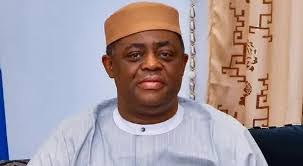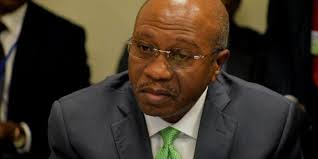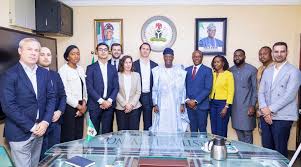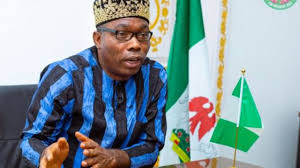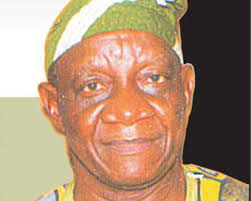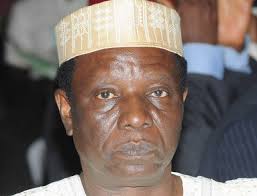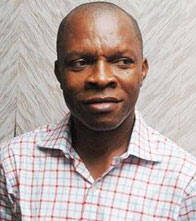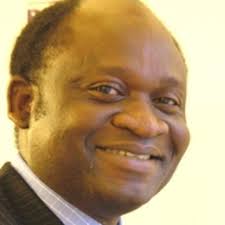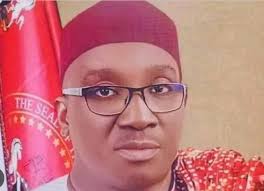The Nigerian state, by necessity and its very essence, should be the guarantor of the well-being and welfare of all Nigerians without exception or discrimination. The doctrine of the state and its principal purposes as outlined in Chapter 2 of the 1999 constitution, provide the normative frameworks on which the provision of services to Nigerians are predicated. Although
not enforceable, they nevertheless aspirational principles that should be factored into the foundation of the Nigerian state and fabrics of the government, so as to create the necessary conditions for equitable access to education among other vital services.
The attempt at the democratisation of education therefore, should be both a legal and an administrative object, whose purpose should be the creation of common outlooks towards the acceptance of the fact that all Nigerians belong to one nation and have a common patrimony. This in essence, means having a unified outlook towards the extension of the privileges of being educated to each and every Nigerian regardless of his or her place of birth, ethnic or religious background, social or material conditions, age or gender.
This may be a far-fetched assumption or supposition, but upon reflection and careful consideration, it might be the much needed panacea to the challenges now confronting our country on several fronts, principal of which are poverty, the downward slide in the quality and standard of living, unemployment, illiteracy, insecurity, and a host of other negative factors.
With the democratisation of education and the provision of a level playing field for as many Nigerians as possible, the conditions will be created for the achievement of a near egalitarian society based on common outlooks and shared interests, underpinned by patriotism and love of country. At a certain level, enforcement of certain objectives like enrolment into schools, recruitment of qualified teachers, rooting out of corruption in
The Nigerian state, by necessity and its very essence, should be the guarantor of the well-being and welfare of all Nigerians without exception or discrimination. The doctrine of the state and its principal purposes as outlined in Chapter 2 of the 1999 constitution, provide the normative frameworks on which the provision of services to Nigerians are predicated. Although
not enforceable, they nevertheless aspirational principles that should be factored into the foundation of the Nigerian state and fabrics of the government, so as to create the necessary conditions for equitable access to education among other vital services.
The attempt at the democratisation of education therefore, should be both a legal and an administrative object, whose purpose should be the creation of common outlooks towards the acceptance of the fact that all Nigerians belong to one nation and have a common patrimony. This in essence, means having a unified outlook towards the extension of the privileges of being educated to each and every Nigerian regardless of his or her place of birth, ethnic or religious background, social or material conditions, age or gender.
This may be a far-fetched assumption or supposition, but upon reflection and careful consideration, it might be the much needed panacea to the challenges now confronting our country on several fronts, principal of which are poverty, the downward slide in the quality and standard of living, unemployment, illiteracy, insecurity, and a host of other negative factors.
With the democratisation of education and the provision of a level playing field for as many Nigerians as possible, the conditions will be created for the achievement of a near egalitarian society based on common outlooks and shared interests, underpinned by patriotism and love of country. At a certain level, enforcement of certain objectives like enrolment into schools, recruitment of qualified teachers, rooting out of corruption in
the school systems, etc, will have to be consciously adopted by the state, as its primary responsibility in the democratisation of education. Various attempts that have been tried in the past and found wanting for different reasons, might perhaps have worked if the deliberate and conscious application of the might of the state has been brought to bear in the regulatory environment.
It is actually a contradiction and a paradox, to see the state enforcing regulations in business and commercial ventures but manifestly failing to do so in the most important aspect of every nation, which is education of its citizens. We have seen how the regulatory environment is tightly controlled and supervised in the collection of taxes, the telecommunication industry, the sale of petrol and electricity and other commercially oriented services, where increases in tariffs and prices are enforced by the state while no room was allowed for the citizens to express their reservations about such arbitrary increases even if they are necessary.
Opposed to these developments, the education section has been left open, with parallel services being provided by governments and the so-called private sector proprietors, where the distinction in quality and accessibility are glaring and manifestly skewed against the less privileged members of the society. In such an environment, it is questionable whether there is any intention to achieve egalitarianism in outlook and attachment to the sense of nationhood, when people are deprived of the most basic and the most essential of all services which is education.
Enforcement can only be the function of the state and its instruments of coercion and its capacity to establish a functioning and credible regulatory environment. Local governments, state and federal authorities therefore have responsibilities in providing the conducive environment for educating of our people at all the relevant levels. Herein lies the crux of the matter, and the defining role of the state in the provision of
relevant levels. Herein lies the crux of the matter, and the defining role of the state in the provision of education in Nigeria. It is not enough to simply “deregulate” the environment and open the educational sector to all comers, thereby commoditising this vital service and rendering it out of reach of the vast majority of the citizens.
It is not enough also to allow the curriculum and general administration of education to be established by proprietors without taking into consideration the broader aspects of accessibility, equality, quality, affordability and inclusivity as the basis of a democratised educational system in our country. In the long run, the democratisation of education should proceed in tandem with the democratisation of ownership and control of the country’s means of production, which is actually one of the key aspirations of Chapter 2 of the 1999 constitution which has never been addressed or even discussed rationally.
Socio-economic governance and the role of the state within the contexts of both domestic regimes and of international law and human rights, are structured around rights and entitlements of citizens and the civic spaces in all countries that aspire to be democratic and progressive in both outlook and substance. The essence of globalisation is actually to narrow down global and national dichotomies and level the playing field in terms of a universal framework for the enjoyment of rights and privileges such as social, cultural, political and economic rights. International normative frameworks like the Universal Declaration of
As we noted earlier, the principles on which the democratisation of education should be based should include issues of accessibility, quality, affordability and inclusivity. While these can be legislated upon as acts of state, it is also important that actions should go beyond these to include the provision of relevant infrastructure across the board in all local government areas and states, to cater for the educational needs of all Nigerians. It is also imperative that policies around functional measures like distance learning and online education, community schooling, adult and women’s education, special schools for persons with disabilities, vocational and skills acquisition centres etc, are factored into the overall national appropriations policies to ensure the provision of enough resources to support such indispensable services.
Lastly but not the least, a unified and progressive curriculum development based on the needs and purposes of communities and the nation, must be considered a vital aspect of the democratisation of education in Nigeria. Alongside this, teacher training and the production of highly motivated and empowered teaching cadres would be an absolute necessity in the advancement of education in Nigeria to be at par with global best practices.
Human Rights (UDHR), the Convention on the Rights of the Child (CRC), Convention on the Elimination of Discrimination against Women (CEDAW), Convention on the Rights of Migrants, the Social, Political, Cultural and Economic Covenants of the United Nations and various other universally applicable human rights regimes, have provided the legal basis for the treatment of citizens in humane and civilised ways, including in the provision of the conducive environments for their mental, spiritual and cultural development. It is only an enhanced and widespread programme of the democratisation of education driven by state policies that can deliver all these aspirations and root them in the civic culture of any nation.
